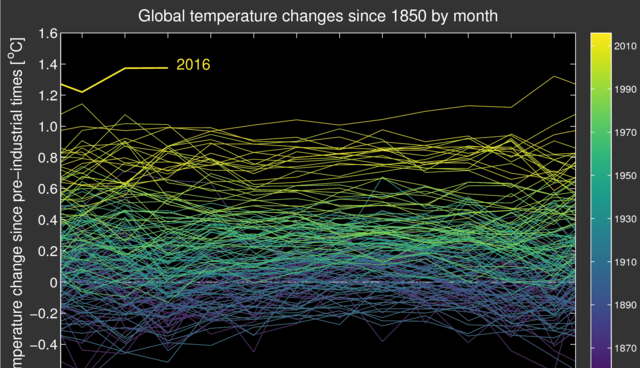US President Joe Biden responded to a climate agitator by telling him to keep quiet during an interruption to his speech in Arizona.
The president was commemorating the late Republican senator, John McCain, who died in August, 2018.
Biden told the heckler to ‘shush up,’ a term that news media, including the BBC, has picked up as a pun.
The president wriggled off the protester’s interruption by promising to have a word with him later on.
The agitator wanted Biden to declare a climate emergency.
Climate emergency is a phenomenon that has been bubbling under since Biden took power in 2020.
Many see him as the only current president who is most advantaged to help keep the globe under the 1.5-degree Celsius maximum. It, however, seems like time is passing him by.
American presidents have legitimate power over Congress to exercise executive orders such as those that can declare a climate emergency.
Using a 1976 National Emergencies Act, Biden could do the following to combat climate change:
- Invoke presidential executive orders to block the export of oil and minimize offshore oil mining.
- Order the production of only biofuels and other clean sources.
- Keep military bases running with renewable energy.
Before September 8, 2023, President Biden said that he’d already declared a climate emergency, but news media says he hasn’t.
“We’ve already done that.” he said these words on a one-on-one show on The Weather Channel.
This comes at a time when the United States has had many catastrophic weather-related effects in 2023. These ranged from Tropical Storm Hilary, record summer temperatures and floods on the East Coast.
What is Climate Emergency?
The United Nations Environmental Programme (UNEP) links climate emergency to rising global temperatures above the pre-Industrial Age’s 1.1 degree Celsius minimum.
It is therefore important that the centigrade parameter does not climb above the 1.5C-degree mark. This is where a government with exclusive executive powers comes in and declares a climate emergency.
The Industrial Revolution of the mid-19th century saw an unprecedented use of fossil fuels, which have contributed to rising temperatures.
150 years later, 2016 became the hottest year on record, followed by 2019 and 2020.
July, 2023 remains the hottest July in the past 174 years. According to the U.S. National Oceanic and Atmospheric Administration (NOAA), July 2023 was hotter by 1.12 degrees celsius over the norm.
Additionally, from 1980 onward, every decade has proven warmer than the previous one. This is as car ownership and a growing middle class has led to a greater rate in burning energy sources in recent decades.
Global warming has also occasioned extraordinary natural weather events, such as the 2016 record-breaking El Niño of 2016. The weather event of that year set off heat waves in its wake.
Thus, as Biden tells a weather protestor to ‘shush,’ he knows that the man is not alone at discerning the climate change reality.
